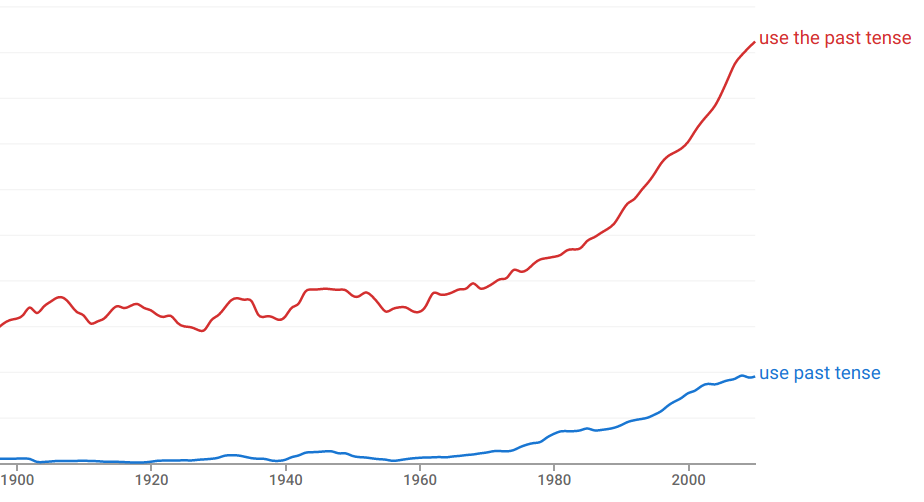Let's take a couple of quotes from the Wikipedia article:
The past tense is a grammatical tense whose function is to place an action or situation in past time.
In some languages, the grammatical expression of past tense is combined with the expression of other categories such as Grammatical and aspect (see tense–aspect).
The European continent is heavily dominated by Indo-European languages, all of which have a past tense.
"Past tense" looks like an uncountable noun to me. As such zero article sounds appropriate. Definite article probably might make some sense, although I don't really understand why they sometimes use it, and sometimes not. And the indefinite article is of the highest mystery. How do I count tense?
In other words, when do I use each of those articles with "past tense," and why?

